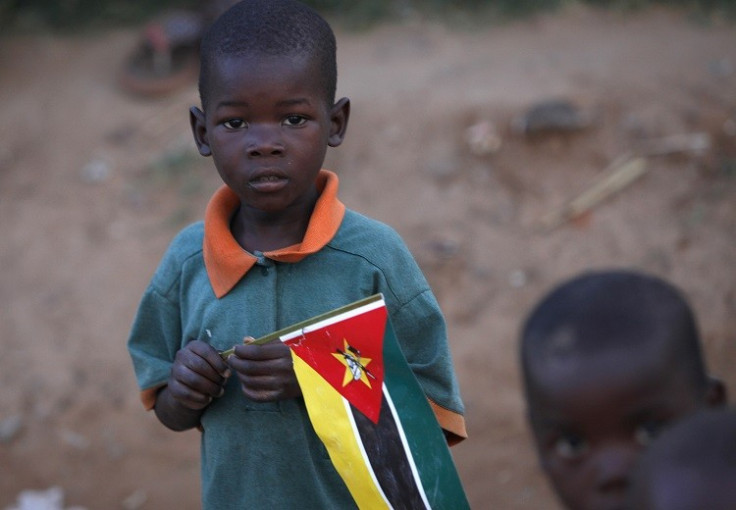Deloitte Slammed for Corporation Tax Avoidance Battleplan for Africa

ActionAid has slammed one of the world's Big Four accountancy firms, Deloitte, for suggesting ways large companies can avoid paying tax in some of the poorest countries in Africa.
A 2013 Deloitte document called Investing in Africa through Mauritius details how potentially hundreds of millions of dollars of tax can be avoided in African countries by structuring business through the island tax haven island.
ActionAid says that while the strategy is entirely legal, it could potentially be used to deprive African countries of vitally needed tax revenue.
"When big companies avoid tax in Mozambique they are taking money out of the hands of the poor," said Amade Suca Country Director of ActionAid Mozambique in a statement..
"Mozambique desperately needs increased tax revenues to lift people out of poverty, build schools for our children and hospitals for the sick, and reduce the need for foreign aid. "But as long as wealthy companies continue to avoid tax in our country - none of this will happen.
Tax avoidance is a legal way for companies to pay less tax by using loopholes in global tax regulation or through legitimate tax deductible plans.
Deloitte has outlined how firms operating in Mozambique can potentially reduce corporation tax by 60% and capital gains tax by 100%.
Mozambique is one of the poorest countries on the planet, where over 50% of people live below the poverty line and average life expectancy is only 49.
"The people and government of Mozambique have a right to expect big companies making big profits in our country to pay their fair share of tax," said Suca.
"We must also close the tax loopholes that allow big companies to behave in this way."
The document was part of a presentation given by Deloitte in China in June this year at a conference attended by more than 80 major UK, western and Chinese companies with interests in Africa.
The document was presented two weeks before the G8 summit when David Cameron condemned tax avoidance both in the UK and in developing countries.
"It is wrong to describe applying double tax treaties, such as the treaty between Mauritius and Mozambique, as tax avoidance. Such treaties are freely negotiated between the governments of the countries involved," said a Deloitte spokesperson in a statement.
"Double tax treaties exist to enable the countries concerned to strike a balance between the need to encourage investment, including cross-border investment, to raise tax revenue, and to work together with other countries who have the same legitimate concerns to raise revenue and promote business.
"The absence of such treaties could result in a reduction of investment, and less profit subject to normal business taxes in the countries concerned. Any discussion of tax treaties by tax professionals would typically be around the technical and administrative aspects of the Treaties and not an expression of favour of any particular country at the expense of any other country."
According to the Organisation for Economic Co-operation and Development, developing countries lose more than three times more money to tax havens than they receive in aid.
"This document helps lift the lid on the tax avoidance techniques that are being used to deprive poor countries of hundreds of millions of dollars in tax," said ActionAid Tax Policy Adviser Toby Quantrill in a statement.
"These techniques may be legal, but that does not mean they are moral. Tax revenues are desperately needed to meet peoples most basic needs and to move countries away from aid dependency.
"Big businesses have an important role to play in economic development in poor countries. But they also have to act in a socially responsible way. Deloitte is failing Africa for as long as it continues to advise on tax avoidance strategies in the In 2012, way they have been doing."
Deloitte generated more than $32bn (£20bn, €23.7bn) in revenue, more than any other Big Four accountancy firms.
© Copyright IBTimes 2025. All rights reserved.






















